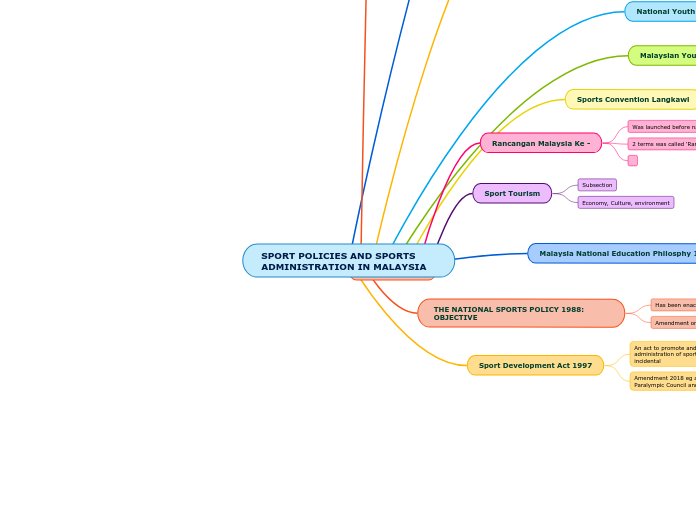da Finn Piney manca 1 anno
151
Cambodian Genocide Inquiry Question
Cambodia's recovery post-genocide has been notably supported by substantial international aid and economic backing. From 1992 to 2017, the country received over $20 billion, facilitating remarkable progress in various sectors.









